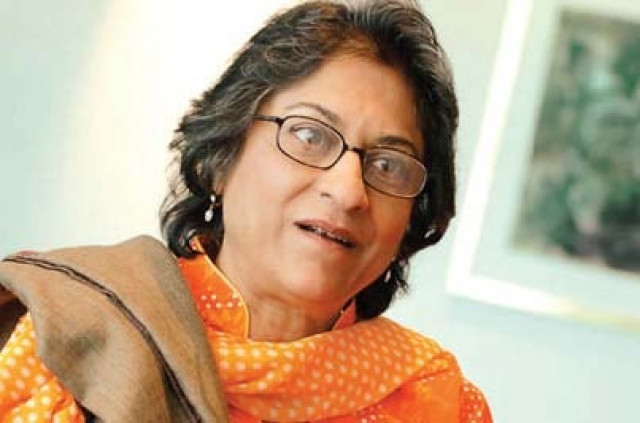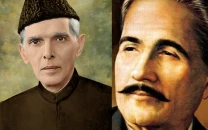Coping with gender-bias: Lawyers call for more women in the judiciary
There is only one female judge in the country’s superior courts.

With only one female judge in the superior courts, the country’s top lawyers have urged the government to employ more women and deal with a backlog of over 1.4 million cases.
“The paucity of female judges and backlog of family law cases pave the way for the international community to point fingers at the gender bias in Pakistan. Gender should not be a hurdle in the induction of judges and serving of speedy justice,” Supreme Court Bar Association (SCBA) President Asma Jahangir said.
Unlike the army, police and many other public departments, where women are increasingly becoming a permanent feature, the judiciary remains devoid of real female participation.
Former judge of the Lahore High Court, Justice (retd) Nasira Javed Iqbal felt that women are better than men at adjudicating, but added that “there is no clear way to tell”.
“Gender bias is a major stumbling block which is preventing women from becoming judges in superior courts,” said Barrister Akram Sheikh.
Justice (retd) Yasmin Abbasi said the shortage of female judges might create long-standing problems in government circles. These problems can be overcome simply by increasing the number of female judges in the courts.
Former SCBA president Rasheed A Rizvi said female judges had less experience than male judges due to the limited opportunities for practice. “This suggests that the pool of strong female candidates for the judiciary is smaller than the pool of strong male candidates,” he said.
“Encouraging women to join the legal field will be especially helpful in disposing civil cases,” one of the lawyers said.
“It is shameful that there is only one female judge in the superior courts, (the Balochistan High Court) which gives the rather unfair impression that women are incapable of being judges,” another lawyer said.
There is a backlog of 20, 000 cases in the Supreme Court, another 2,000 in the Federal Shariat Court, while 0.2 million cases are pending in high courts.
The Lahore High Court top the list with a backlog of 0.13 million cases, while Sindh High Court comes second with 40,000 cases pending. The Peshawar High Court has a backlog of 20, 000 cases, Islamabad High Court 18,289 cases, while the Balochistan High Court has 6,000 cases pending.
Published in The Express Tribune, August 31st, 2011.



















COMMENTS
Comments are moderated and generally will be posted if they are on-topic and not abusive.
For more information, please see our Comments FAQ